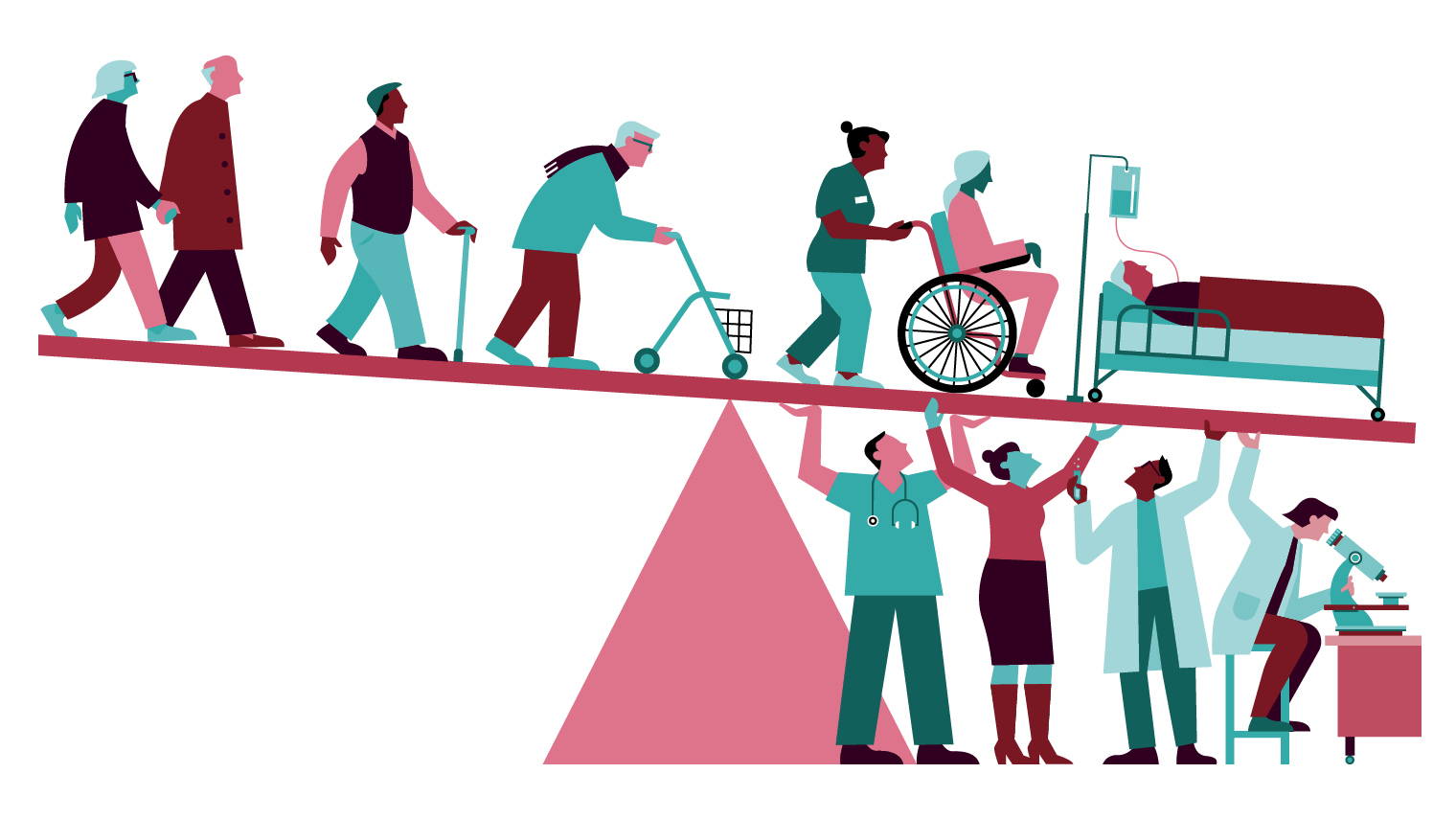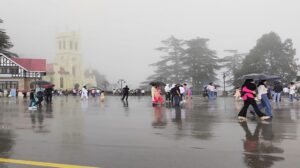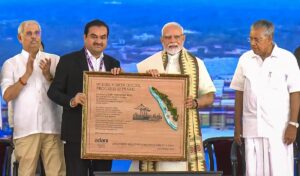Ambuj Tripathi
ambuj.tripathi@thelucknowjournal.com
New Delhi, 06 January: The Union Health and Family Welfare Minister Harsh Vardhan on Wednesday released Wave-1, India’s report on India’s elderly population i.e., the Longitudinal Aging Studies in India (LASI).
LASI is a comprehensive national survey of the scientific investigation of the health, economic and social determinants and consequences of aging population in India.
According to this survey, by 2050, more than 30 crore population in India will be above 60 years whereas in the 2011 census 60+ population was 8.6 percent of India’s population i.e. 103 million elderly people.
The annual population growth rate of 3 percent will increase the population of the people to 319 million in 2050. 75% of these elderly people suffer from some serious illness. 40 percent of the elderly have some disability and 20 percent of the elderly suffer from mental health related diseases.
LASI, Wave-1 covers a baseline sample of 72,250 persons 45 years and above and their spouse. This includes 31,464 persons aged 60 years and above and 6,749 persons aged 75 years and above. These samples were taken from all states and union territories except Sikkim.
Ministry of Health and Family Welfare National Program for the Elderly in collaboration with Harvard School of Public Health, University of Southern California, USA, DTEGHS, United Nations Population Fund (UNFPA) and National National Institute of Aging International Institute for Population Sciences (IIPS), Mumbai through the Longitudinal Aging Studies in India.
Harsh Vardhan expressed happiness over the release of the report. He said that this is India’s first and the world’s largest survey till date, which provides a longitudinal database with the objective of formulating policies and programs for the elderly population on the parameters of social, health and economic well-being.
“Evidence from LASI will be used to strengthen and broaden the National Program for Older Persons and will help in conducting resistant and health programs for the elderly population. Referring to the importance of the Longitudinal Aging Studies of India, he said that this report will provide the basis for national and state level programs and policies for the elderly population,” he added.





